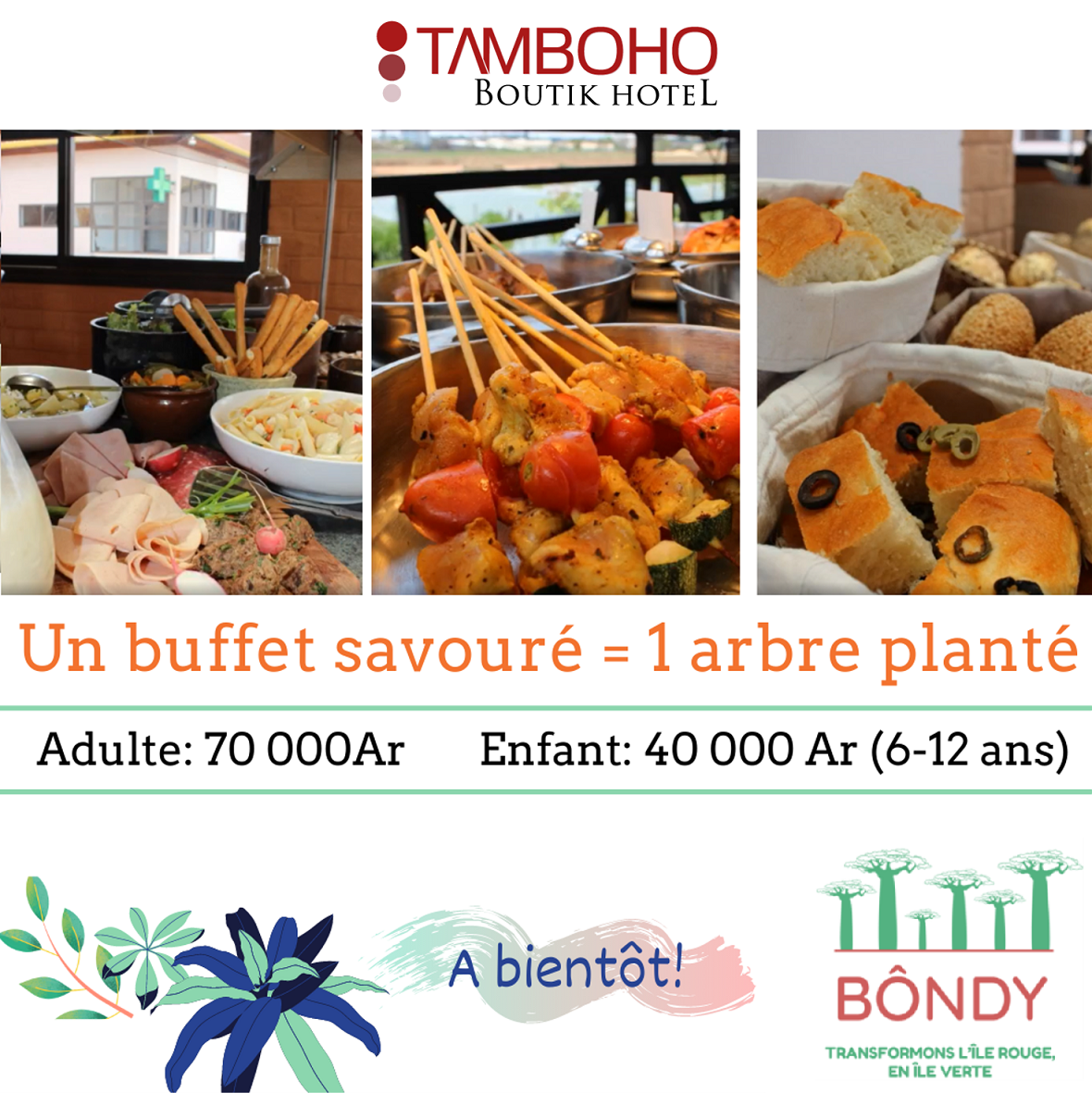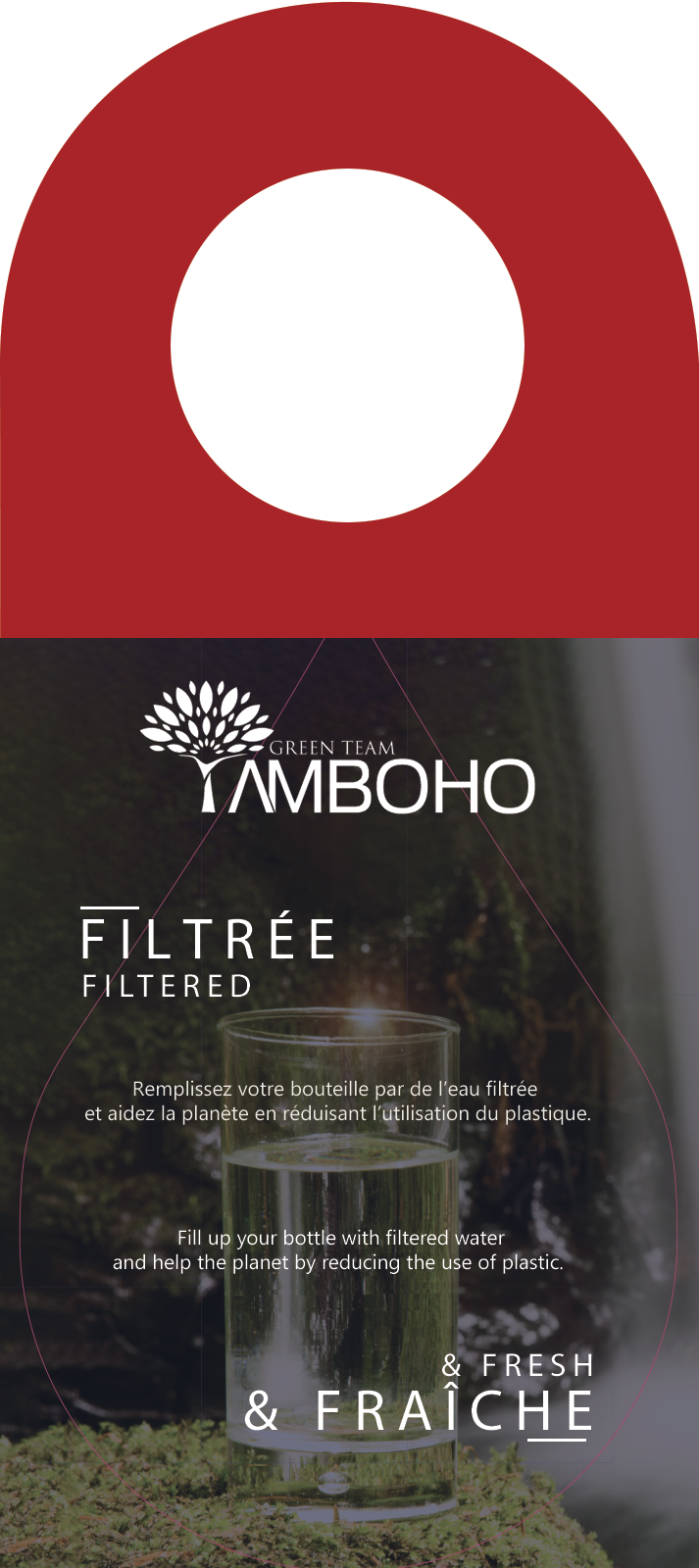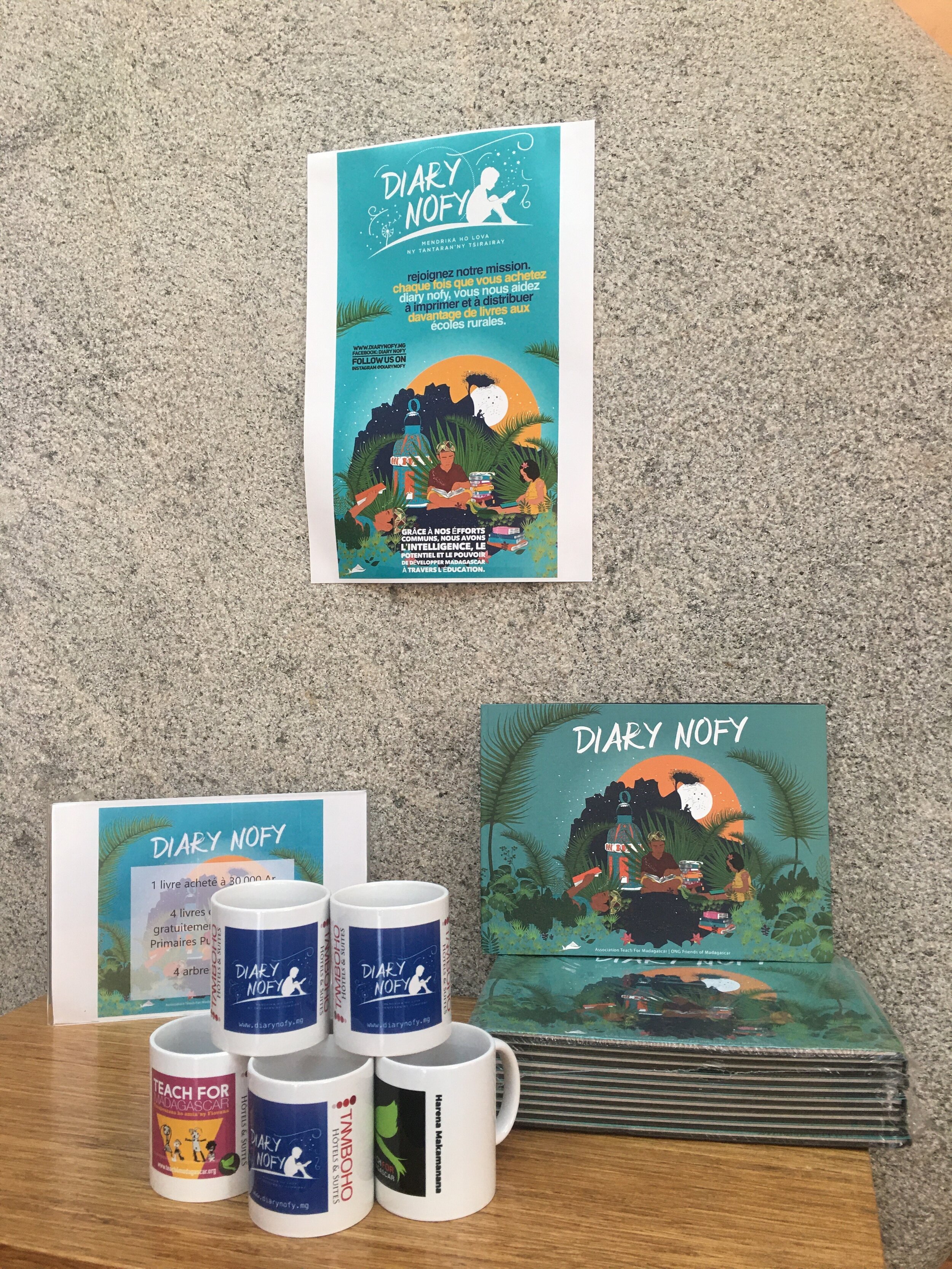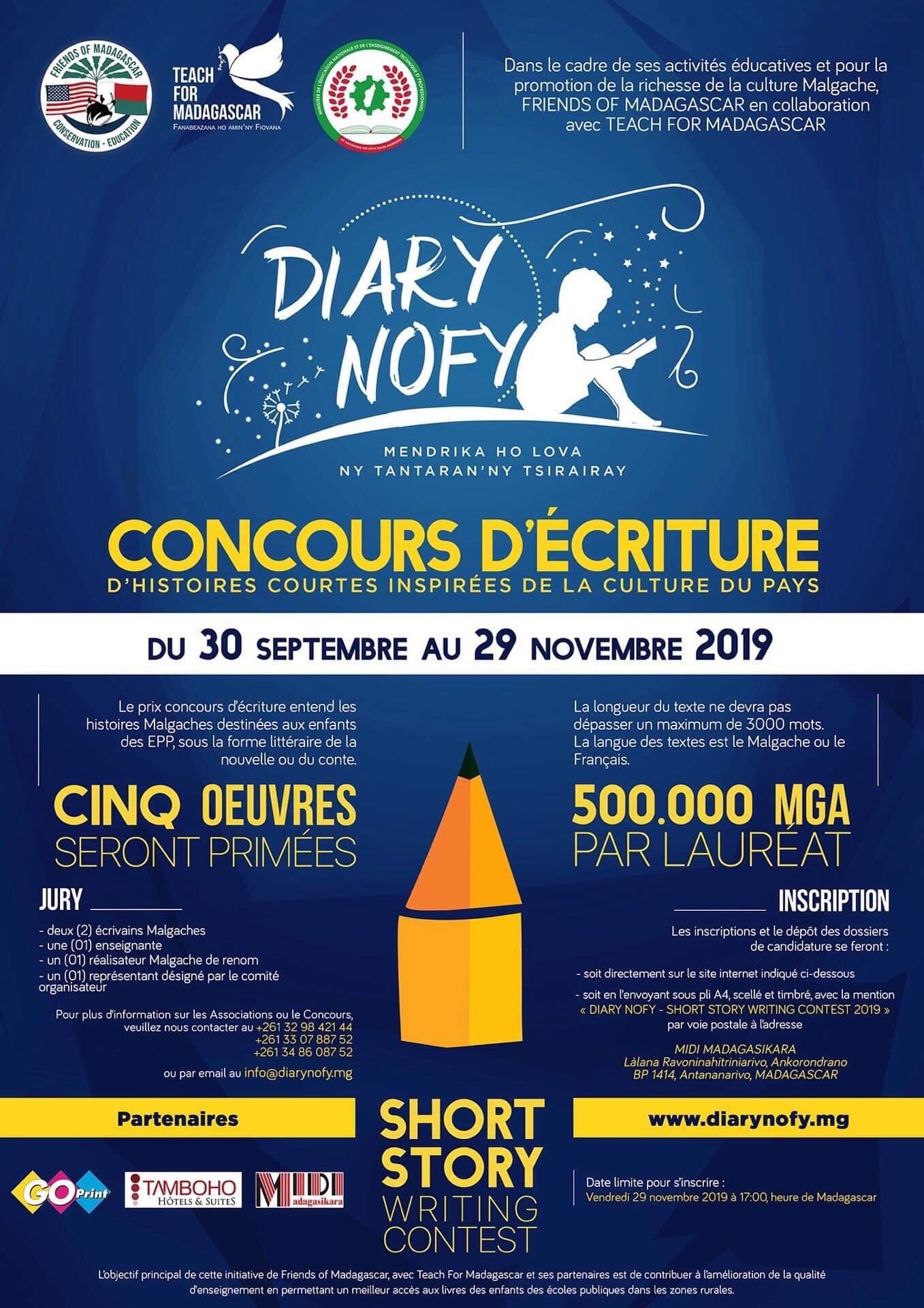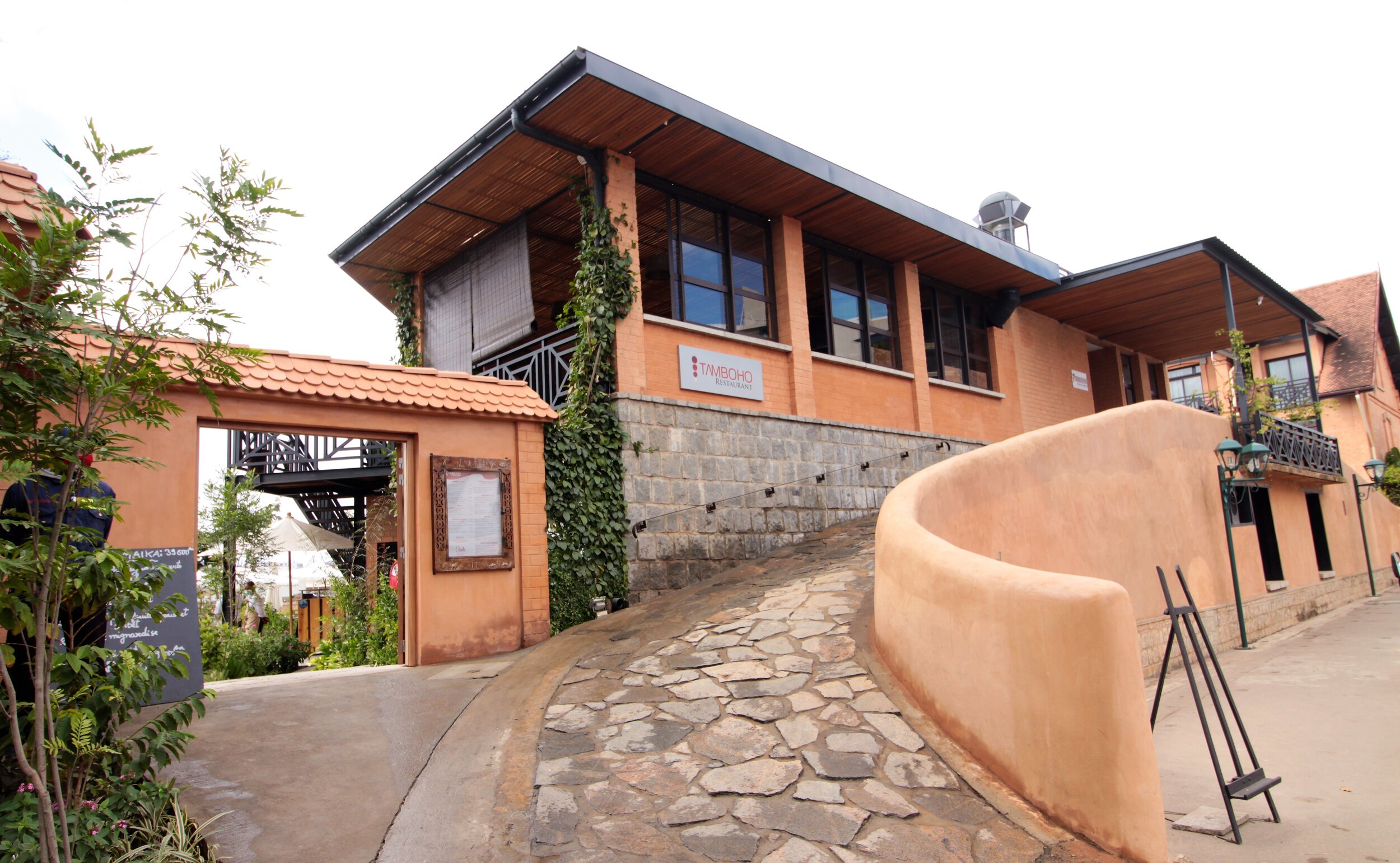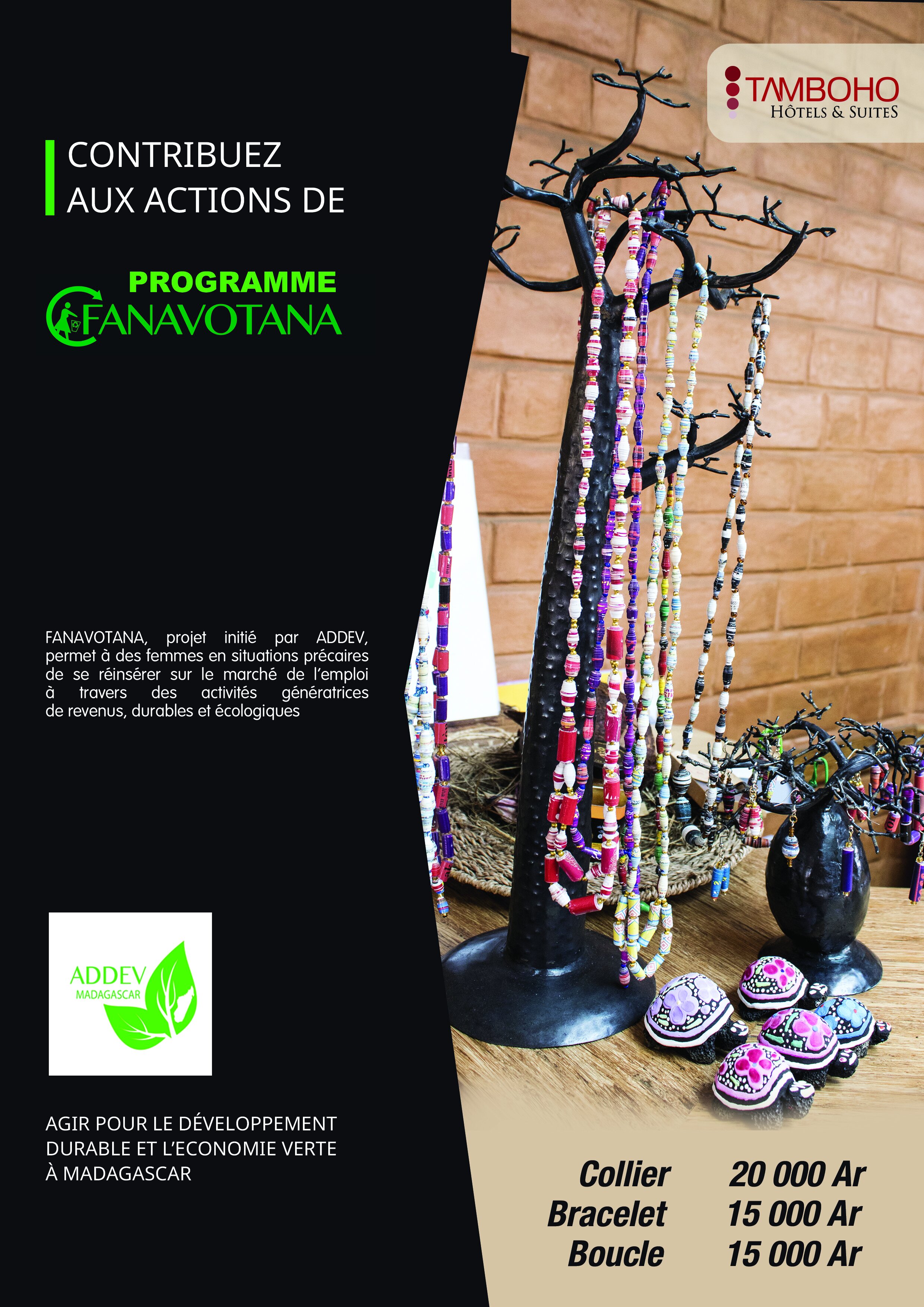The 19 Rooms hotel is one of the most recent establishments to join the Green Key network of certified accommodations.
© 19 Rooms
With a long and interesting history that goes back to the 18th century, the 19 Rooms is located at an old palace in the heart of the capital city of Valetta. Before being converted to a boutique hotel four years ago, the building was once a private residence purchased by a Maltese philanthropist and later used for housing unprivileged families living in Valetta. In 1994, the building had to be closed down under the risk of becoming an unsafe place for tenants to live in. It opened again in 2016, at the hands of the current owners, who transformed the building into a stylish boutique hotel.
Considering that sustainability is at the core of its brand values, the 19 Rooms hotel has recently optimised its internal practices to comply with the Green Key eco-label standards. On the importance of receiving the Green Key certification, Managing Director Michael Xuereb has said:
“We are very focused on having an eco-friendly and sustainable operation, where we recognise the realities of climate change and focus on reducing our footprint and being a responsible part of our community. Obtaining Green Key certification was important for us because it demonstrates our commitment to sustainability and also gives us a rigorous standard to adhere to and build processes around. We also hope that, by making this commitment, we will encourage other hotels and hospitality establishments in Malta to pursue a stronger sustainability strategy.”
As part of its sustainability strategy, the boutique hotel is implementing several practices, which include:
Waste separation bins in all guest rooms and the restaurant (all waste is separated and daily weight)
Equipping guest rooms with soap, shampoo and moisturiser dispensers to avoid single-use plastic
Rejecting single-use plastic for drinking water consumption in the hotel, and instead of using glass bottles which are refilled regularly
Sourcing and buying local ingredients when possible
Providing guests with clear instructions (in their rooms) on reducing laundry changes, separating their waste, and being mindful of consumption when using the heating and cooling system
Offsetting the carbon emissions yearly.
Green Key International congratulates the 19 Rooms Boutique Hotel for their efforts towards a more sustainable tourism industry!




